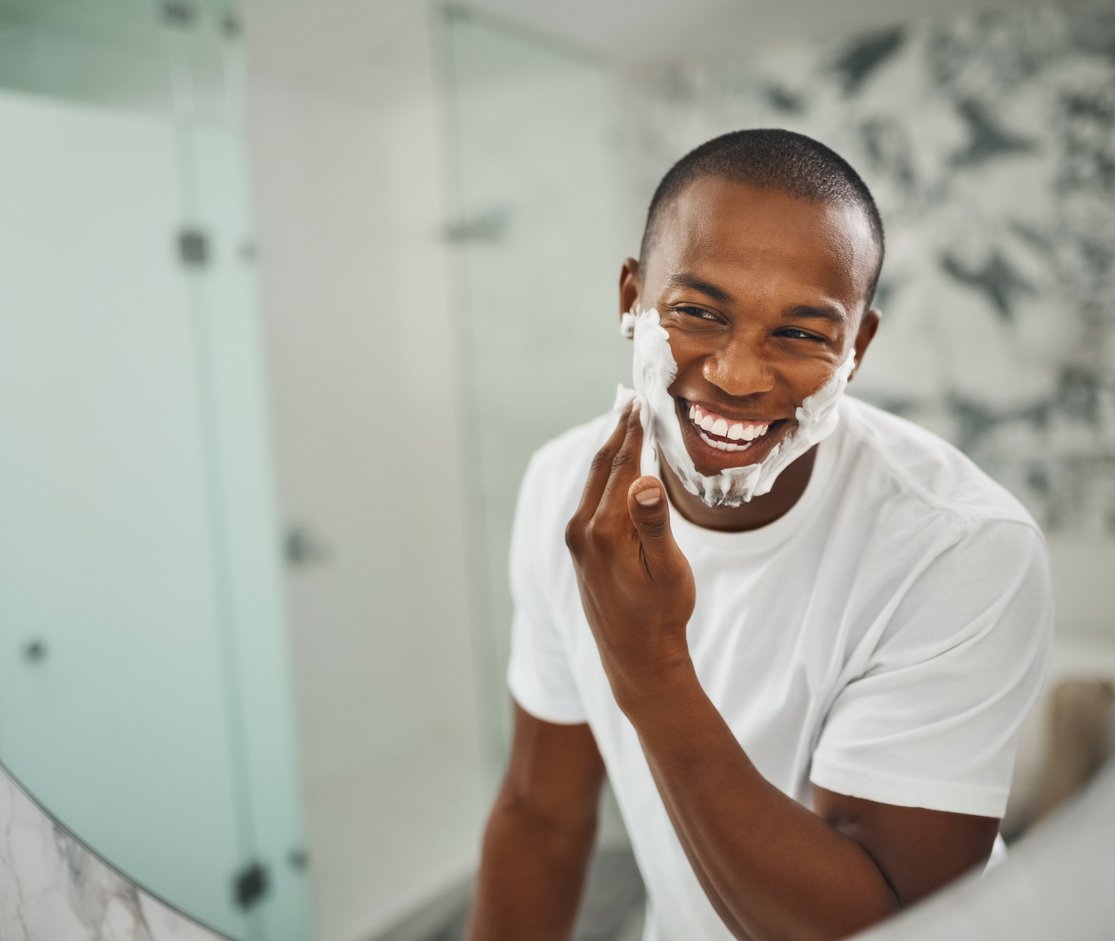- Empty cart.
- Continue Shopping
The Importance of Self-Care Rituals for Men

Self-care is often associated with women, thanks to the media’s portrayal of spa days, beauty routines, and “me time.” However, self-care is not gender-specific; it’s a universal need that’s equally important for men. In a society where men are often encouraged to suppress their emotions and ignore their well-being, self-care rituals can be a vital part of maintaining both mental and physical health.
Breaking the Stigma: Self-Care is Not Selfish
One of the first hurdles to overcome is the societal stigma that self-care is somehow selfish or unmanly. This misconception can deter men from taking time for themselves, leading to burnout, stress, and even health issues. Self-care is not an indulgence but a necessity for overall well-being.
Taking time for self-care allows men to recharge and be more present in their relationships and responsibilities. It’s about creating a sustainable lifestyle that includes time for work, social interactions, and personal well-being. In short, self-care is not just good for you; it’s good for everyone around you.
Physical Self-Care: More Than Just Exercise
While exercise is a crucial aspect of self-care, physical well-being extends beyond the gym. Simple rituals like a skincare routine can make a significant difference. For example, using a quality face wash and moisturizer can not only improve skin health but also provide a few minutes of relaxation and mindfulness.
Nutrition is another critical aspect. Taking the time to prepare a healthy meal is not just about the act of eating but also about nourishing your body. It’s a form of self-respect, acknowledging that you deserve quality nourishment.
Mental and Emotional Self-Care: Beyond the Surface
Mental and emotional well-being is often overlooked when it comes to men’s self-care. Activities like journaling, meditation, or even taking a few minutes to breathe deeply can help manage stress and improve mental health. These practices offer a way to process emotions, enhance self-awareness, and develop coping mechanisms for life’s challenges.
Moreover, it’s crucial to recognize that seeking professional help is not a sign of weakness. Whether it’s talking to a therapist or joining a support group, taking steps to improve mental health is a commendable form of self-care.
Social Self-Care: Building Meaningful Connections
Social interactions are another essential aspect of self-care. Spending quality time with friends and family, engaging in social activities, or even making time for a meaningful conversation can significantly impact well-being. It’s not about the quantity of social interactions, but the quality.
Also, setting boundaries is a form of social self-care. It’s okay to say no to social engagements or take time off from social media. Setting boundaries allows you to have more meaningful and less stressful social interactions.
In conclusion, Self-care rituals for men are not a luxury but a necessity for a balanced and fulfilling life. From physical routines like skincare and nutrition to mental practices like meditation and therapy, these rituals are about taking time to care for yourself. By breaking the stigma and incorporating self-care into daily life, men can improve not just their well-being but also their relationships and overall quality of life. Remember, self-care is not a sign of weakness or selfishness; it’s an act of strength and self-respect.








